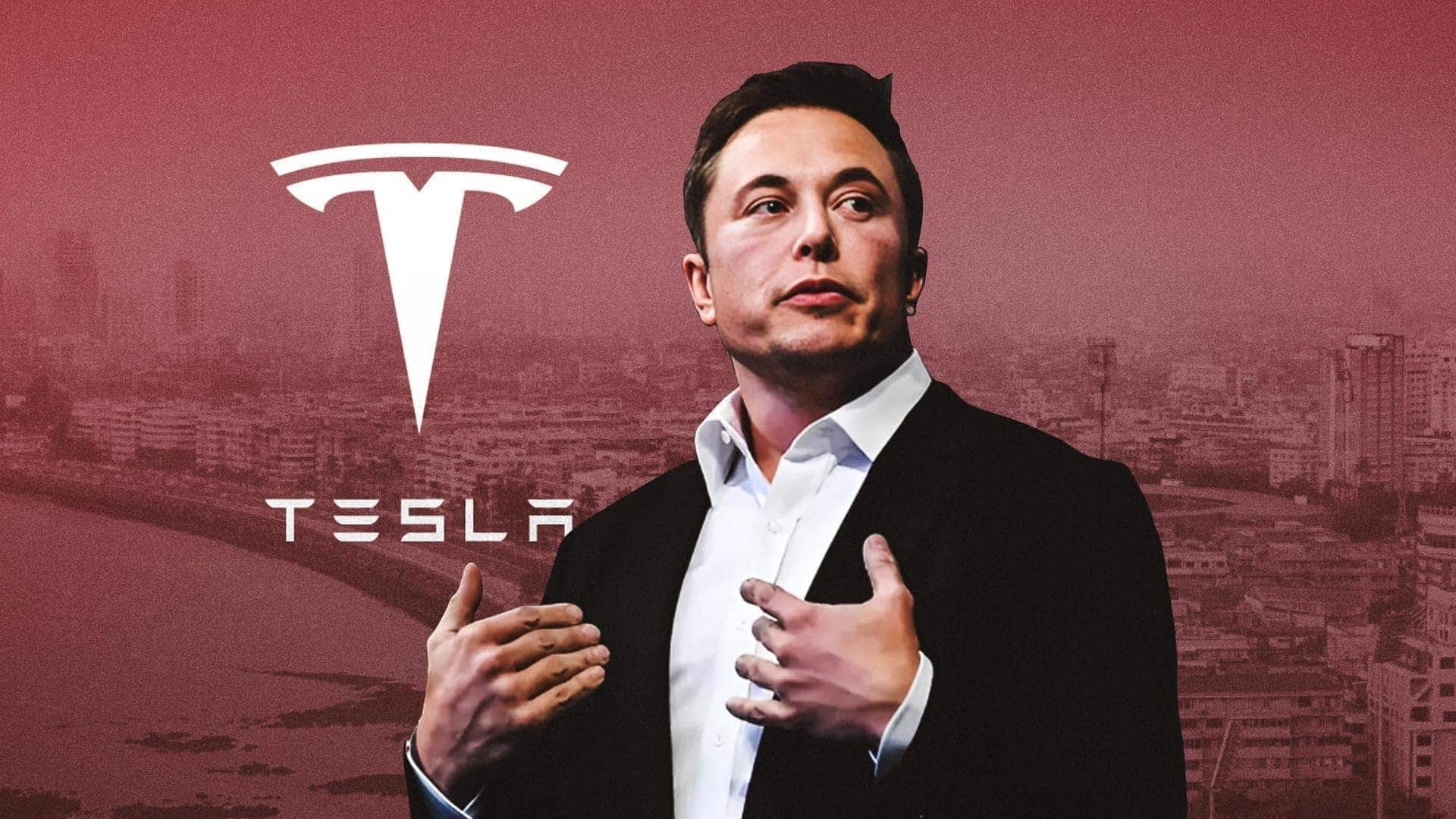
Tesla plans to launch driverless ride-hailing services in 2025
What's the story
Tesla CEO Elon Musk has revealed plans to launch driverless ride-hailing services in California and Texas by 2025. The announcement came during Tesla's quarterly earnings call, where Musk said, "We think that we'll be able to have driverless Teslas doing paid rides next year." The ambitious plan is likely to face major regulatory and technical hurdles.
Service expansion
Tesla's current ride-hailing service and future plans
Musk also revealed that Tesla already runs an app-based ride-hailing service for its employees in the San Francisco Bay Area. The revelation comes just two weeks after he promised "unsupervised" self-driving in select Tesla vehicles by 2025 at the company's robotaxi unveiling.
Permit hurdles
Regulatory challenges in California and Texas
In California, Tesla is likely to face major hurdles in getting the required permits to provide fully autonomous rides to paying customers. The company neither owns nor has applied for a testing permit without a driver. Alphabet's Waymo, on the other hand, spent years and millions of miles of testing before getting its first permit from the California Public Utilities Commission (CPUC), which regulates ride-hailing services.
Testing status
Tesla's autonomous vehicle testing permit and employee rides
The California Department of Motor Vehicles, which regulates testing and deployment of autonomous vehicles, told Reuters that Tesla last used its autonomous vehicle testing permit in 2019. The permit requires a safety driver. About the ride-hailing service for employees in the Bay Area, CPUC clarified that Tesla doesn't need a permit since employees are not technically passengers.
Approval anticipation
Musk's confidence and Texas's regulatory landscape
Despite the challenges in California, Musk remained confident stating, "I would be shocked if we don't get approval next year." However, Texas has much less stringent regulatory requirements for autonomous vehicles than California. Companies usually test for months or even years before launching paid services. Tesla's advanced driver assistance system, Full Self-Driving (FSD), which forms the basis of Tesla's robotaxi ambitions, has been under regulatory scrutiny.
Safety concerns
Tesla's FSD under investigation and current capabilities
Last week, the US National Highway Traffic Safety Administration (NHTSA) launched an investigation into 2.4 million Tesla vehicles with FSD after four collisions, including a fatal crash in 2023, were reported. David Lau, Tesla's VP of software engineering, clarified on the call that cars employees have been hailing have had safety drivers at the wheel. No Tesla vehicles can operate themselves without human intervention, as of now.